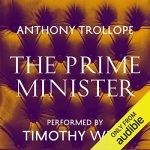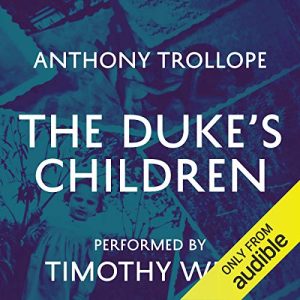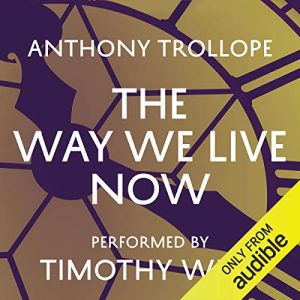When I looked back on my reading for 2024, I found that I’d tried quite a few new authors. Some of them I liked so much I read two or three books. I tried 65 books in 2024, only ditching a handful. Here are my reading highlights of the year.
The first new discovery was Rachel Crowther, sometimes writing as Rachel Hancox. She was mentioned to me by a mutual singing friend and I’ve loved reading her books. Writing as Rachel Crowther her books are categorised as Women’s Psychological Fiction, whereas writing as Rachel Hancox the titles are under Crime Fiction. Either way, Rachel writes beautifully about the complexities of family life and relationships, bringing emotional depth and insight to her characters’ lives. And at the heart of the stories there is always a mystery, whether a crime or a secret, that keeps you turning the pages.
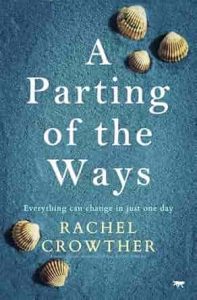
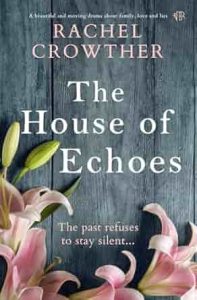
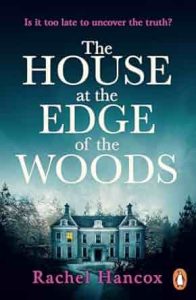
2024 was also the year I read Emily St John Mandel for the first time, having heard good things about her. I read her trilogy in the wrong order, starting with Sea of Tranquility, but it didn’t matter because the books are only loosely connected and stand on their own perfectly well. Emily St John Mandel tackles big ideas with beautifully lucid prose. I enjoyed the way the stories move backwards and forwards in time, like a jigsaw that you piece together bit by bit.
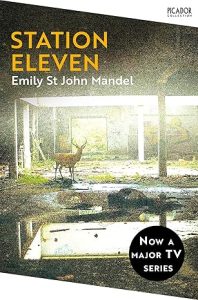
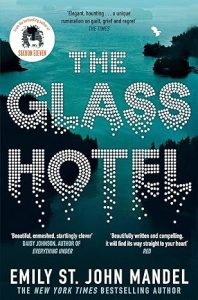
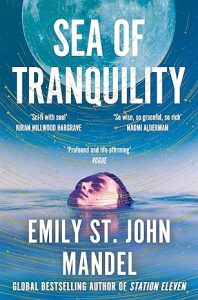
I intended to read more French and German books this year, but only managed a couple by other people. In my defence I’ve also been proofreading the German translations of the Bridget Hart series. I read Das Regenorchester by Hansjörg Schertenleib on a trip to Munich in January. It’s an absorbing story of a Swiss writer living in Ireland who is trying to come to terms with the fact that his wife has left him. He meets an eccentric old lady who asks him to write her life story. Both stories intertwine into a powerful and emotional read. La Carte Postale by Anne Berest is unusual in that it’s part novel and part memoire. The author’s mother has received a postcard bearing the names of four members of her family who perished in Auschwitz. Nothing else is written on the card. La Carte Postale is the story of how Anne Berest and her mother discovered who had sent the card. Chapters about the author’s ancestors are recreated in fictional format.
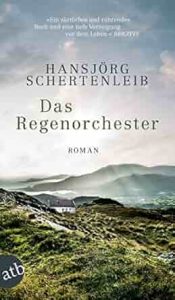
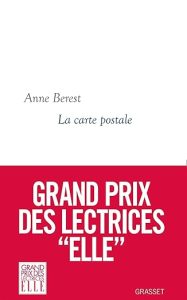
In July I visited Harrogate for a family Christening. While there, I had time to pop in to the Harrogate Crime Writing Festival and attend one event. It was a discussion with four authors I had never heard of about the importance of location in crime fiction. It turned out to be an extremely interesting discussion, particularly on the idea of the ‘outsider’ or the detective who returns to a place after a long absence. I very much enjoyed listening to Femi Kayode who was very articulate and funny about life in Nigeria so I bought Lightseekers and queued to get it signed. He was absolutely charming! The story follows a psychologist who has been hired to find out why a mob has killed three students. It’s quite complex and I may not have followed every detail, but I enjoyed the engaging first-person narrative. The biggest queue in the signing room was for Chris Whitaker. I have since discovered what a mega-star he is and have read two of his books on Kindle. Despite being very British, he sets his stories in America, evoking California or the Mid-West in prose that almost reads like poetry. In both We Begin At The End and All the Colours of the Dark, the central protagonists are young (or at least young at the outset) which gives the books a Young Adult / Coming of Age feel. Chris Whitaker combines literary prose with page-turning thriller writing. All the Colours is incredibly long, but the very short chapters kept me turning the pages because it was so easy to just ‘read another chapter’ before bed.
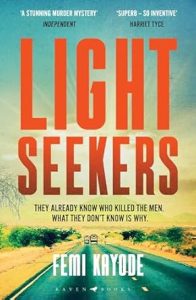
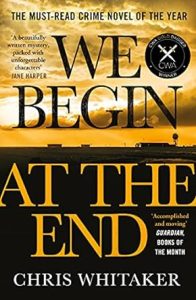
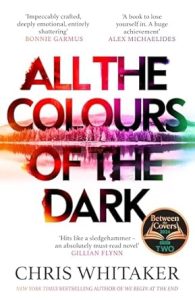
I finally got round to trying Clare Mackintosh and wasn’t disappointed. As a former police officer, she really knows her way around a police investigation. She successfully combines the Psychological Thriller genre with the Police Procedural to make very gripping reads. I’m glad I’ve discovered her books and will read more.
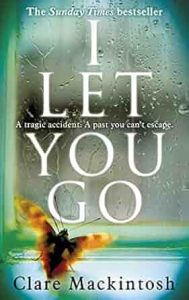
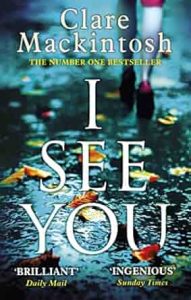
My go-to crime writer at the moment is the Norwegian author Jo Nesbo and I read three of his Harry Hole books in 2024. Yes, I know The Snowman comes between The Redeemer and The Leopard, but that was actually the first Jo Nesbo book I read years ago, and since then I’ve gone back to the beginning of the series. I never read a Jo Nesbo book without pen and paper to hand because I find it helps to follow the plot if I take notes! But his books are always worth the effort with stylish writing, imaginatively worked out plots, twists galore, and great characters.
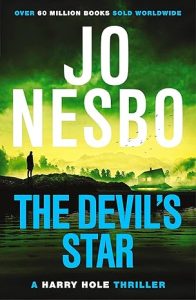
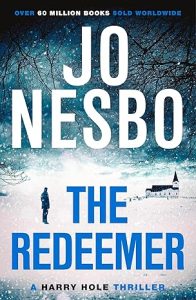
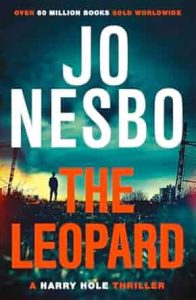
Four standalone novels that made a big impact on me were Ordinary Grace by William Kent Krueger, Lessons in Chemistry by Bonnie Garmus, Stoner by John Williams, and Perfume by Patrick Süskind. If there’s one thing these books all have in common, it’s the quality of the writing. Ordinary Grace is a Coming of Age / Mystery story with a strong sense of place and characters that feel very real. Lessons in Chemistry was a delight from start to finish, following the sometimes hilarious, sometimes moving, trials of a woman chemist in the 1960s. Stoner is a book in which almost nothing happens, and yet everything happens. It is the story of a man’s life as an academic having come from a poor farming background. He gradually learns who he is, and then he dies. Simple but powerful. As for Perfume, I was in two minds whether to include it in this blog post or not. I loved the writing and hated the story. Is it the work of a deprived mind or a genius? Maybe the two are not so dissimilar. Anyway, it made an impression on me!
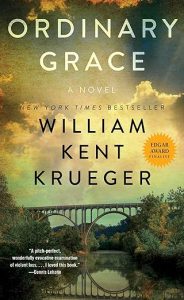
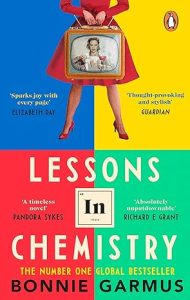
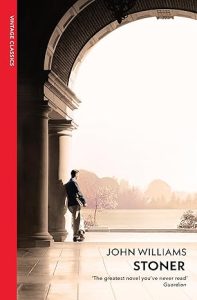
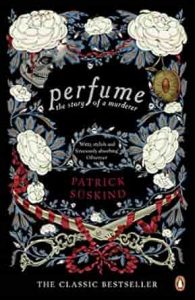
There aren’t many authors I will buy in hardback as soon as the novel comes out, but Robert Harris and Kate Atkinson are two of them. Precipice is a superb study of the relationship between Prime Minister Asquith and Venetia Stanley during World War One. Asquith is obsessed with her and can barely function without her. He writes passionate letters to her multiple times a day and reveals confidential and classified information about the war. At the start of the novel Robert Harris notes that all the letters from Asquith are genuine. He has used his skill as a novelist to imagine the letters that Venetia wrote herself. Death at the Sign of the Rook is the latest Jackson Brody novel and is a sheer joy to read, combining classic murder mystery tropes with Kate Atkinson’s witty prose and lugubrious detective.
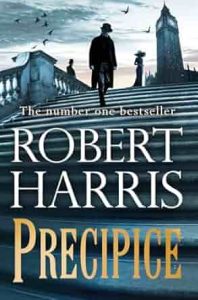
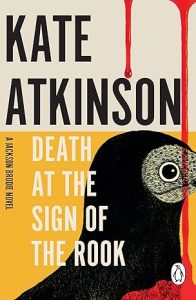
I was saddened to learn of the death of the actor Timothy West in November. In 2024 I finished Anthony Trollope’s Palliser novels in audio and also listened to The Way We Live Now. Over the last few years Timothy West has brought Trollope’s work to life for me and I couldn’t imagine listening to any other narrator read these books. For me, Trollope and Timothy West are the perfect combination. May he rest in peace.
